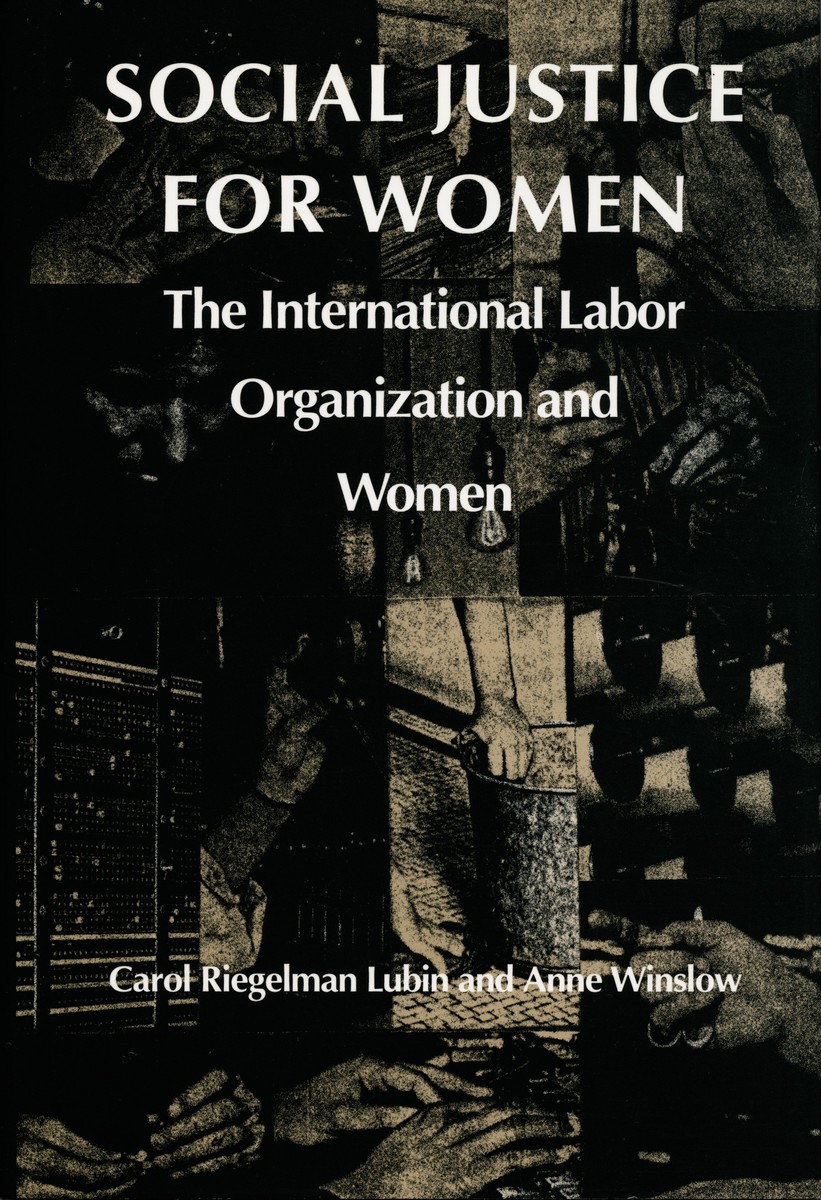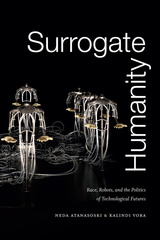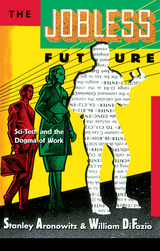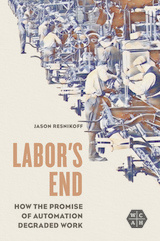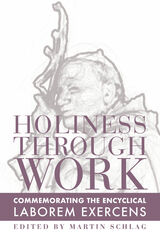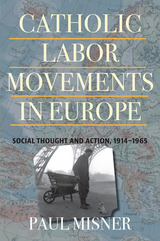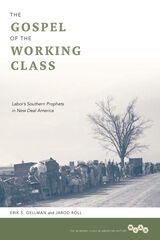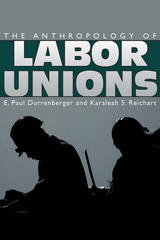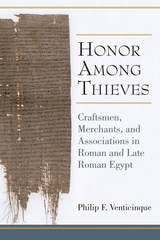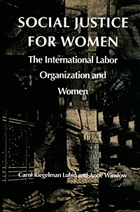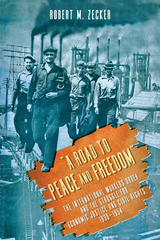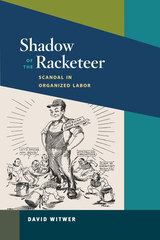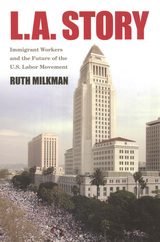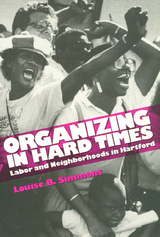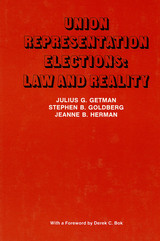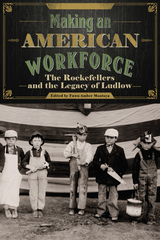Social Justice for Women: The International Labor Organization and Women
Duke University Press, 1990
Cloth: 978-0-8223-1062-4 | eISBN: 978-0-8223-8256-0 (standard)
Library of Congress Classification HD6475.A2I69735 1990
Dewey Decimal Classification 341.763082
Cloth: 978-0-8223-1062-4 | eISBN: 978-0-8223-8256-0 (standard)
Library of Congress Classification HD6475.A2I69735 1990
Dewey Decimal Classification 341.763082
ABOUT THIS BOOK
ABOUT THIS BOOK
The International Labor Organization (ILO), founded in 1919 at the Paris Peace Conference, was the first international organization established prior to World War II to mention women in its constitution. Organized to promote the “protection of young children, young persons and women,” its original Labor Charter stood by the principle that “men and women should receive equal renumeration for work of equal value.” Social Justice for Women provides the first comprehensive and analytical history of the ILO with respect to women, examining the origins, operations, and successes and weaknesses of its policies.
Carol Riegelman Lubin, a staff member of ILO for seventeen years, and Anne Winslow, for twenty-two years editor for the Carnegie Endowment, explore the important role played by women of the American and British trade union movement in the founding of the ILO. In surveying the organization’s history and structure, they ask how the ILO’s concern with women has manifested over the years, if it was faithful to its constitution, how it dealt with conflicting needs of women from industrialized nations and Third World countries, and what its relationship was to the international feminist movement. Drawing on case studies and analyses of literature on women and work, the authors identify the role of other international organizations in response to the ILO in fostering, or sometimes hindering, women’s development in the labor area.
Carol Riegelman Lubin, a staff member of ILO for seventeen years, and Anne Winslow, for twenty-two years editor for the Carnegie Endowment, explore the important role played by women of the American and British trade union movement in the founding of the ILO. In surveying the organization’s history and structure, they ask how the ILO’s concern with women has manifested over the years, if it was faithful to its constitution, how it dealt with conflicting needs of women from industrialized nations and Third World countries, and what its relationship was to the international feminist movement. Drawing on case studies and analyses of literature on women and work, the authors identify the role of other international organizations in response to the ILO in fostering, or sometimes hindering, women’s development in the labor area.
See other books on: Employment | International | International Labor Organization | International Labour Organization | Women labor union members
See other titles from Duke University Press
